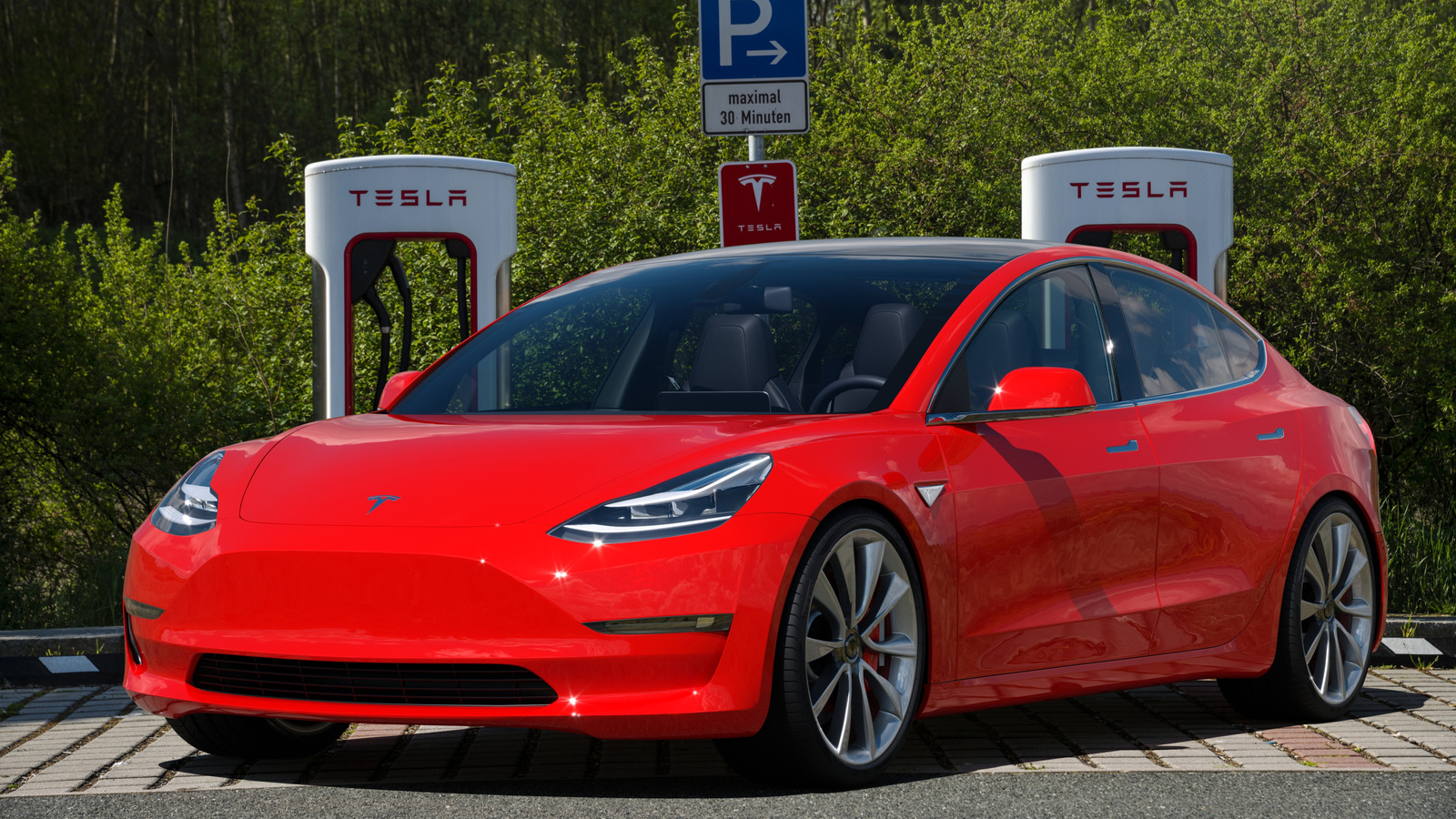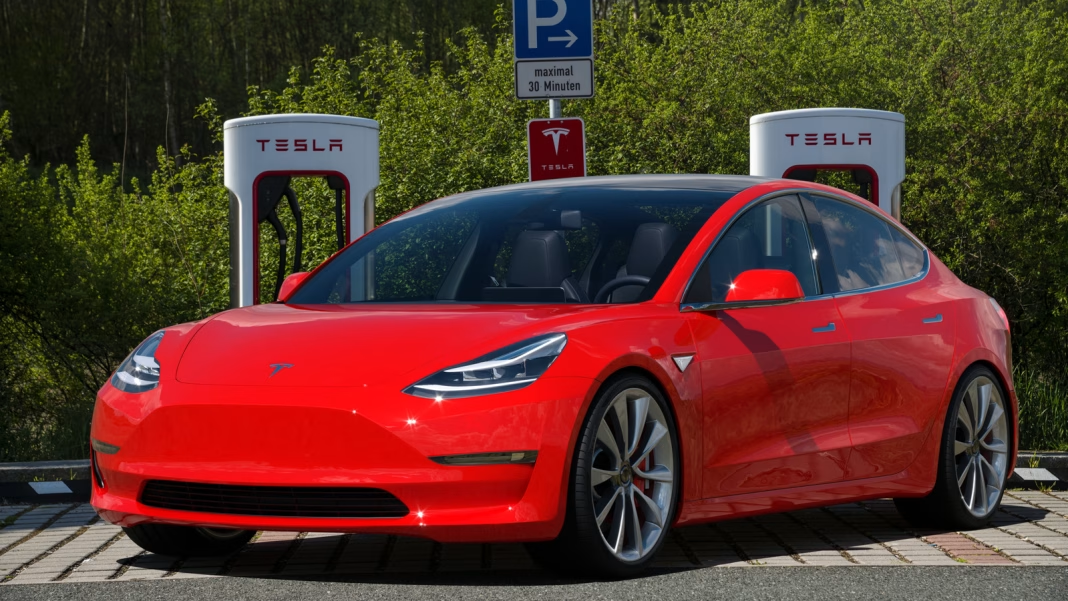Considering a Tesla Model 3 but worried about depreciation? You’re not alone. Many potential EV buyers grapple with the question of how much value their new car will lose over time. The Model 3 has garnered a reputation for holding its value relatively well compared to other electric vehicles (EVs). But if you’re looking for alternatives that might depreciate even faster, let’s dive into some options that could save you from a steeper financial hit.
What Makes the Model 3 Stand Out in Depreciation?
Tesla’s Model 3 has become a benchmark in the EV market, not just for its performance and technology but also for its resale value. According to various automotive studies, Tesla vehicles, particularly the Model 3, tend to retain their value better than many competitors. This is largely due to brand loyalty, a strong demand for used Teslas, and the perception of quality that Tesla has cultivated over the years.
So, what does that mean for you? If you’re considering an EV but want to avoid rapid depreciation, the Model 3 is a solid choice. However, if you’re curious about other options that may not hold up as well, keep reading.
Which EVs Depreciate Faster Than the Model 3?
1. **Nissan Leaf**: The Leaf has been a staple in the EV market for years, but it struggles with resale value. Factors like battery range and older technology contribute to its faster depreciation. While it’s a reliable choice for city driving, its value drops significantly after just a few years.
2. **Chevrolet Bolt EV**: The Bolt has made headlines for its affordability and decent range, but it also faces steep depreciation. Despite its initial appeal, the market has seen a surge in newer models with better features, which can make the Bolt feel outdated quickly.
3. **Hyundai Kona Electric**: This compact SUV offers a fun driving experience and a good range, but it doesn’t hold its value as well as the Model 3. The Kona Electric’s depreciation can be attributed to the competitive landscape of EVs, where newer models often overshadow it.
4. **BMW i3**: The quirky design of the i3 has its fans, but it hasn’t translated into strong resale values. With a unique aesthetic and limited range, many buyers find themselves looking elsewhere, leading to faster depreciation.
5. **Ford Mustang Mach-E**: While the Mach-E has received praise for its performance and style, it’s still relatively new to the market. Early depreciation trends suggest that it may not hold its value as well as the Model 3, especially as more competitors enter the scene.
Why Does Depreciation Matter?
Understanding depreciation is crucial for any car buyer, especially with EVs. The average car loses about 20% of its value in the first year and around 60% by the end of five years. For EVs, these numbers can be even more pronounced due to rapid advancements in technology and battery performance. If you’re planning to keep your vehicle for a long time, depreciation might not be your top concern. But if you’re thinking about resale or trade-in value, it’s definitely something to factor in.
What Should You Consider When Choosing an EV?
When selecting an EV, think beyond just the sticker price. Consider factors like range, charging infrastructure, and the brand’s reputation for reliability. Researching resale values can also provide insight into how well a vehicle might hold up over time.
Additionally, look into the warranty and service options available for the model you’re considering. A solid warranty can offer peace of mind and potentially offset some depreciation concerns.
The big takeaway? Choosing an EV isn’t just about the initial purchase price—it’s about making an informed decision that aligns with your long-term financial goals. If you’re leaning toward the Tesla Model 3, you’re likely making a smart investment. But if you’re exploring alternatives, be sure to weigh the potential depreciation against your needs. Start with one change this week, and you’ll likely spot the difference by month’s end.


